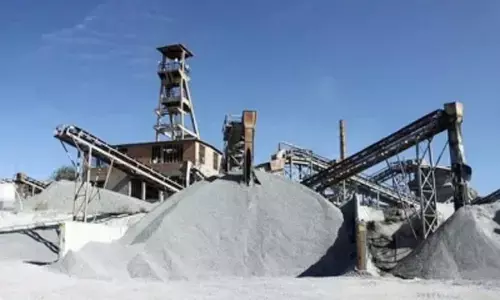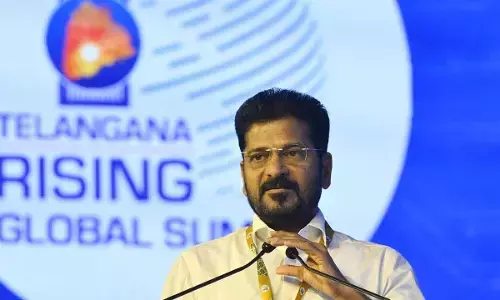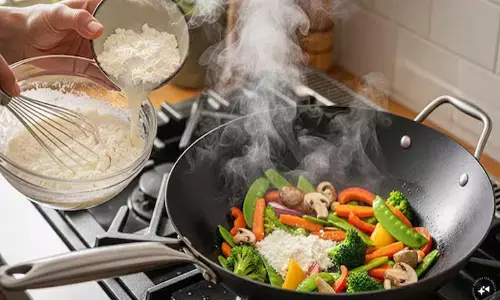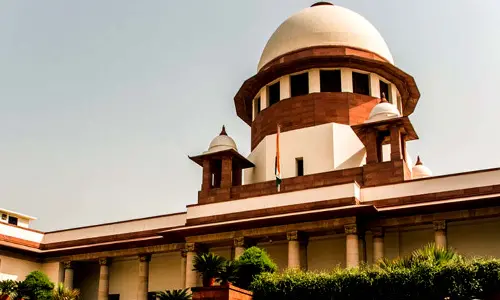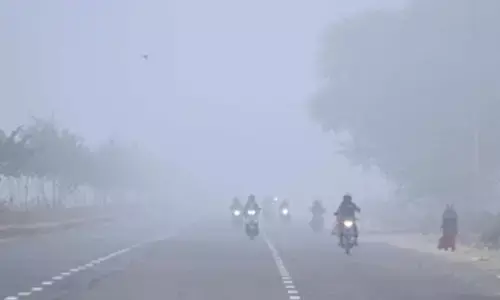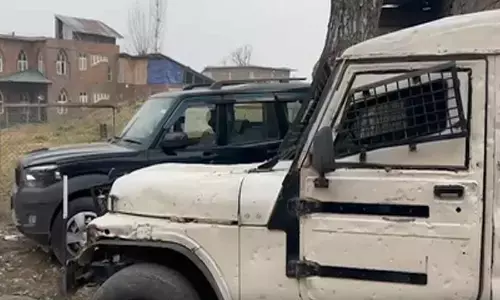7 suicide bombers involved in Lanka blasts; 24 arrested as toll rises to 290
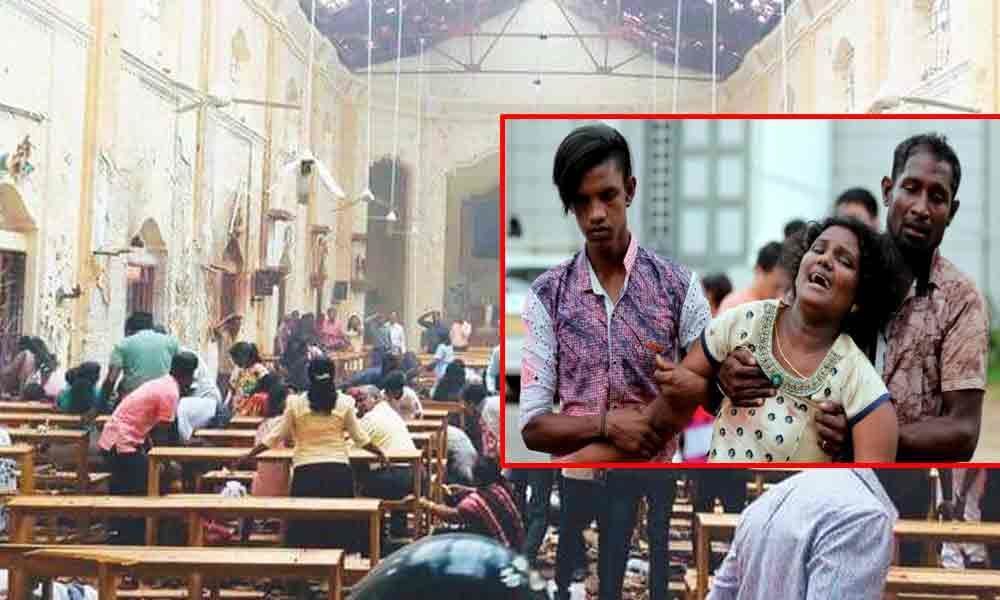
Seven suicide bombers were involved in a series of eight devastating blasts that tore through churches and luxury hotels in Sri Lanka on Easter Sunday, killing 290 people and wounding 500 others in the worst terror attack in the country's history, authorities said on Monday.
Colombo: Seven suicide bombers were involved in a series of eight devastating blasts that tore through churches and luxury hotels in Sri Lanka on Easter Sunday, killing 290 people and wounding 500 others in the worst terror attack in the country's history, authorities said on Monday. The blasts targeted St Anthony's Church in Colombo, St Sebastian's Church in Negombo and Zeon Church in Batticaloa when the Easter Sunday mass were in progress. Three explosions were reported from the five-star hotels - the Shangri-La, the Cinnamon Grand and the Kingsbury.
No group has claimed responsibility for Sunday's attacks, but police have so far arrested 24 people and declined to give further details. "The attacks which had taken place at the Shangri-La, Kingsbury, and Cinnamon Grand hotels and also at St Anthony's Church in Kotahena, St. Sebastians Church in Katuwapitiya, and the Zeon Church in Batticaloa have been identified as suicide bombings," the Government Analyst's Department was quoted as saying by the Sunday Times. Hours after the six blasts, a seventh explosion rocked Colombo on Sunday.
When a police team entered a house in the Colombo north suburb of Orugodawatta to conduct a search Sunday, a suicide bomber blew himself up causing a concrete floor of a two-storey building to crash on them, killing three policemen in the eighth blast. "A total of seven suicide bombers had carried out these explosions," the department said. Over 290 people, including six Indians, were killed in the blasts that left more than 500 others injured, police spokesman Ruwan Gunasekera said. Gunasekera said 24 suspects have been arrested so far and they have been transferred into the custody of the Criminal Investigations Department (CID) for further investigations. The government has said it will not disclose the details of the suspects involved in the attacks to prevent them from getting publicity.
"Don't give extremists a voice. Don't help to make them martyrs," State Minister of Defence Ruwan Wijewardene told reporters when asked for details of those in custody. Media reports said that there was prior intelligence warning that the National Thowheeth Jama'ath - a radical Muslim group - was planning to carry out suicide attacks targeting prominent churches in Colombo. Prime Minister Ranil Wickremesinghe has said that an investigation must be launched as to why intelligence reports of the attack was not taken seriously. President Maithripala Sirisena has appointed a three-member committee to conduct investigations.
Supreme court judge Vijith Malalgoda, former IGP N.K. Ilangakoon and Former Law & Order Ministry Secretary Padamasiri Jayamanne have been appointed as members of the committee. The committee has been instructed to submit a report on the Easter explosions within two weeks to the President. Meanwhile, police said the driver of the van which had carried explosives to carry out bomb attacks at the three hotels was arrested. A safe house where the bombers had lived for nearly three months leading to the attacks was found in the south of Colombo suburb of Panadura.
Sri Lanka Air Force said it found an improvised explosives device along a road leading to the departure terminal at the Colombo international airport Sunday night. "It was a crude six-foot pipe bomb that was found by the roadside," an air force spokesman said. "We have removed it and safely defused it at an air force location," he added. On Sunday, External Affairs Minister Sushma Swaraj identified three Indians as Lakshmi, Narayan Chandrashekhar and Ramesh who died in the blasts. "Indian High Commission in Colombo has conveyed that National Hospital has informed them about the death of three Indian nationals," she tweeted.
"We sadly confirm the deaths of the following two individuals in the blasts yesterday, K G Hanumantharayappa and M Rangappa," the Indian High Commission in Colombo tweeted. On Sunday, Kerala Chief Minister Pinarayi Vijayan identified a Keralite, P S Rasina (58), among those killed in the blasts. Four of them died in the Colombo National Hospital while the bodies of two Indians who succumbed to their injuries from the blast at the Shangri-La Hotel has been sent for autopsy, the National Hospital spokesperson said. Sri Lanka on Monday lifted the curfew which was indefinitely imposed with immediate effect after the eight blasts.
The blasts - the deadliest attacks in the country's history shattered a decade of peace in the island nation since the end of the brutal civil war with the LTTE. The civil war ended with the defeat of the Tamil Tigers, who had fought for 26 years for an independent homeland for the minority ethnic Tamils. The war is thought to have killed between 70,000 and 80,000 people. The nation has seen some sporadic violence since. In March 2018, a state of emergency was declared after members of the majority Buddhist Sinhala community attacked mosques and Muslim-owned properties.








